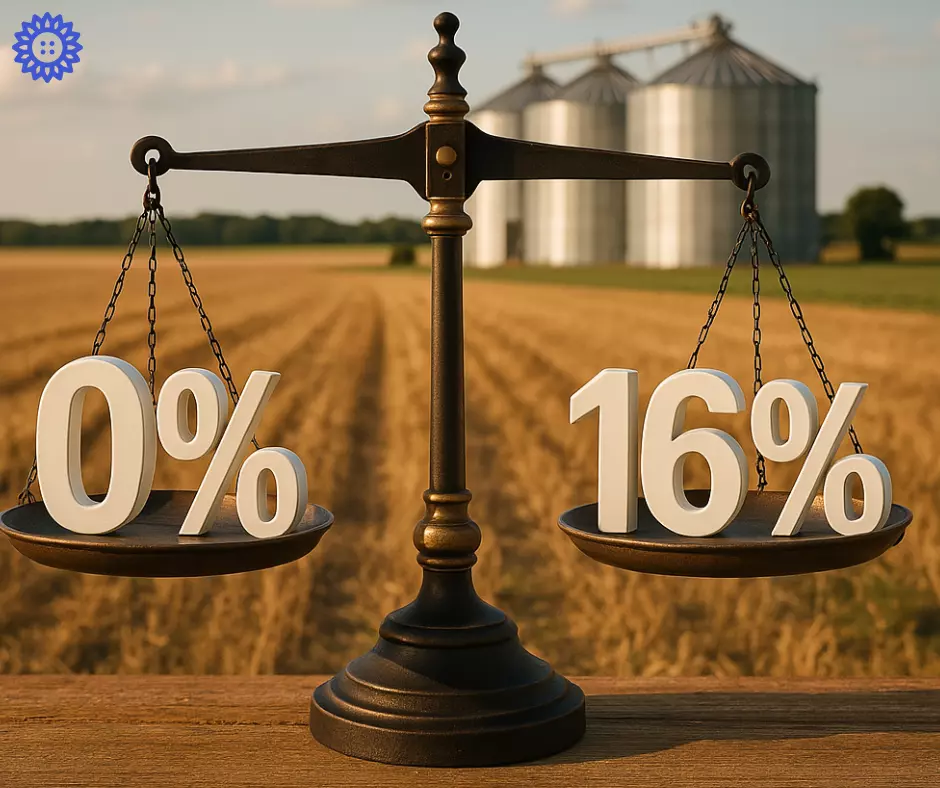10.04.2025, 14:42
Zero VAT Rate Cancelled: Agricultural Producers to Pay 16%
The deduction was reduced from 80% to 70% — the benefit was decreased in the final version presented in the Mazhilis

The government has abandoned the idea of introducing a zero VAT rate for the agro-industrial complex. In the draft of the new Tax Code presented to the Mazhilis on April 9, a standard VAT rate of 16% is stipulated for agricultural producers.
Initially, the government proposed a zero VAT rate for the agricultural sector, which, according to many market participants, seemed to be a supportive and long-awaited measure. However, during the revision process, members of parliament concluded that such a decision could entail serious risks.
The Chairman of the Mazhilis Committee on Agricultural Issues, Serik Egizbayev, explained that the zero rate posed a threat of breaking the VAT chain, which could result in increased production costs. Among the main risks, he also cited the loss of the right to reclaim input VAT, the inability to deduct expenses on fuel, fertilizers, and machinery, as well as a decline in interest in processing and exporting products. Additionally, he noted that the measure could weaken the motivation for maintaining legal accounting and transparent tax reporting.
As a result, it was proposed to maintain the VAT rate at 16% but to introduce an automatic deduction of 80% of the calculated tax. According to deputies, this would preserve the right to reclaim input VAT and ease the actual tax burden on agricultural producers. The government supported this amendment, abandoning its original version.
Nevertheless, in the final version of the draft presented in the Mazhilis by Deputy Prime Minister and Minister of National Economy Serik Zhumangarin, the amount of tax benefits was reduced to 70%. Zhumangarin stated that agriculture in Kazakhstan already operates under relatively favorable tax conditions and does not require additional relief.
He emphasized that the notion that agricultural producers do not pay VAT is a myth. Since VAT is applied when purchasing pesticides, herbicides, fuel, seeds, and machinery, producers are in fact part of the tax system.
The minister noted that the state is already providing significant support to the agro-sector: 750 billion tenge was allocated for spring fieldwork, and concessional loan programs are available. In his opinion, the sector should retain a certain fiscal load, even if it is as low as 2.2%.
It is worth noting that the draft of the new Tax Code sets a unified VAT rate of 16%. At the same time, the production of socially important food products remains exempt from VAT, and the threshold for mandatory VAT registration is set at 40 million tenge.
🔑 Key Takeaways:
• The zero VAT rate for the agricultural sector has been excluded from the draft — producers will work under the standard 16% rate.
• The deduction was reduced from 80% to 70% — the benefit was decreased in the final version presented in the Mazhilis.
• Authorities consider the tax burden justified — stressing that the sector already receives substantial state support.